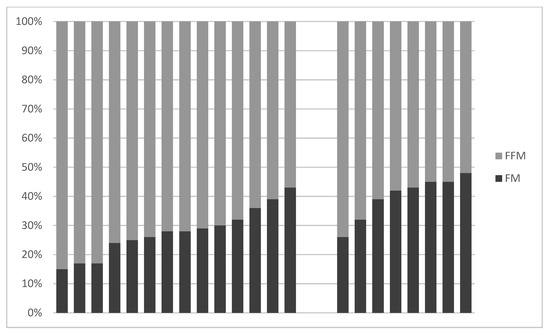Prader-Willi syndrome (PWS) is a rare neurodevelopmental genetic disorder. In adults, the syndrome is characterised by muscular hypotonia, a different body composition with more body fat than muscle mass, hyperphagia, behavioural problems, and cognitive dysfunction. Endocrine deficiencies are...

www.mdpi.com


